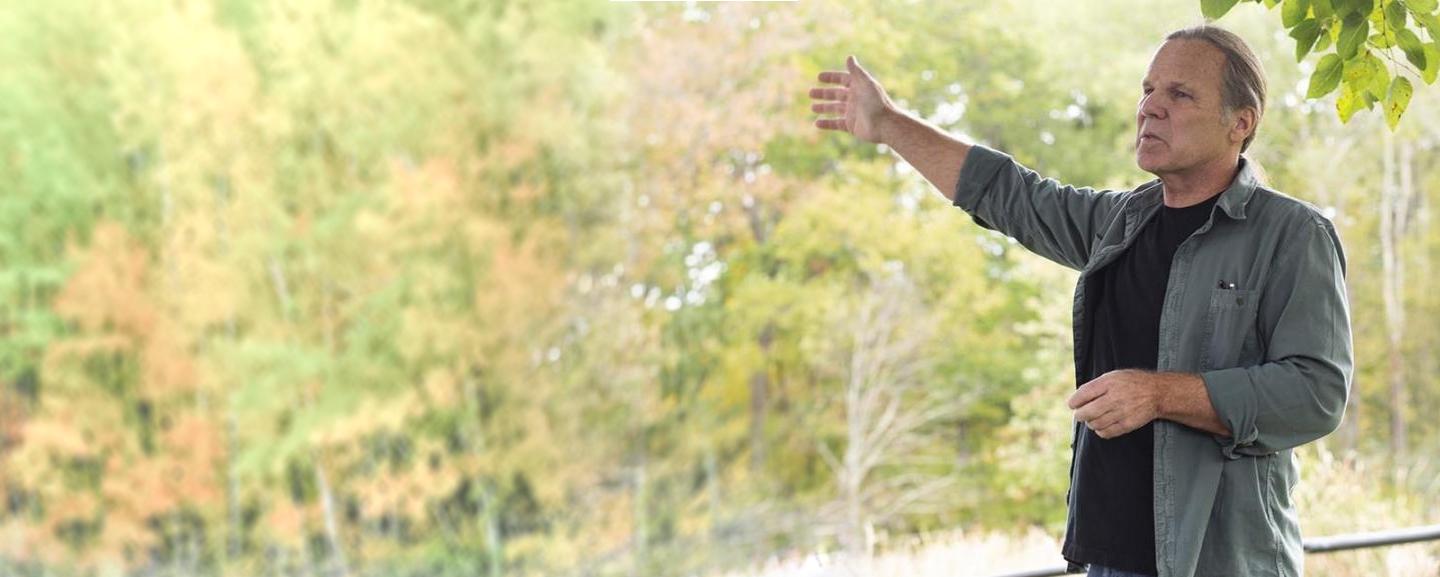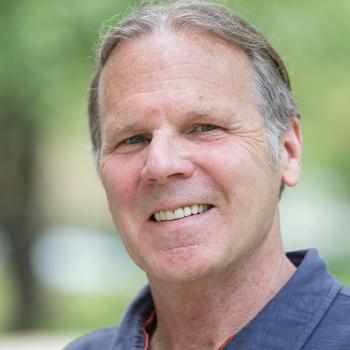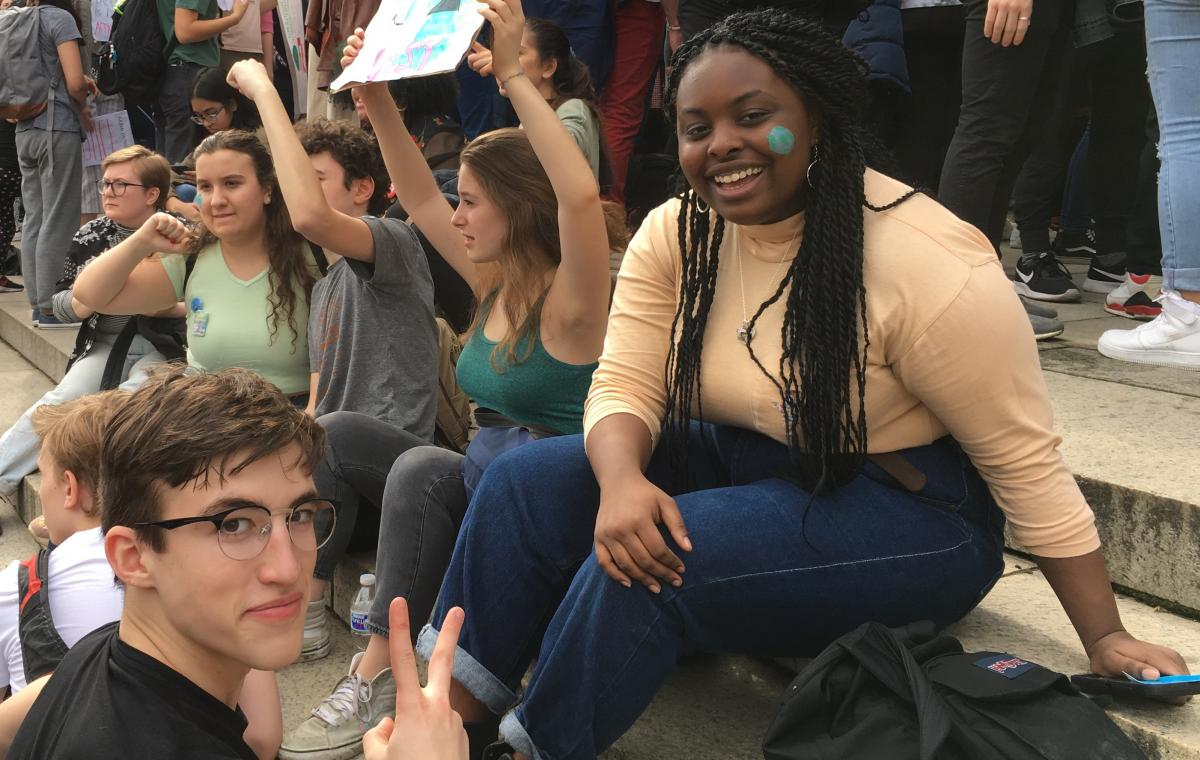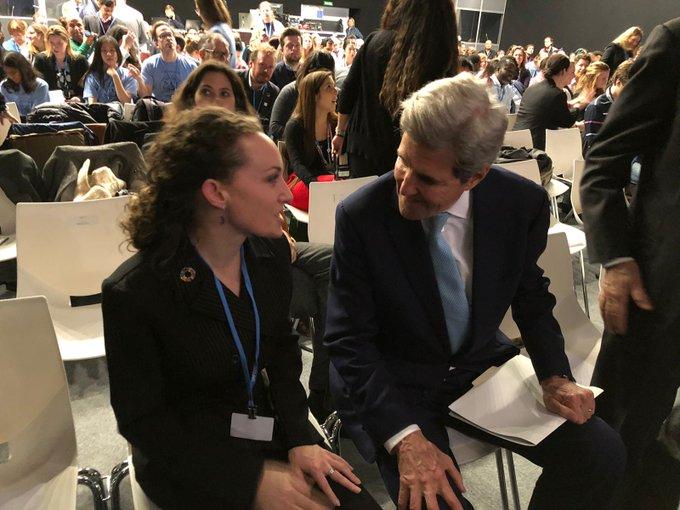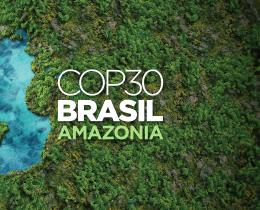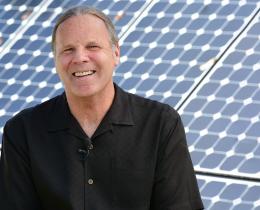Omega: Omega’s Climate Initiative was launched in 2018. Can you tell us what you’ve seen Omega accomplish since that initial phase?
Robert “Skip” Backus: The Omega Center for Sustainable Living (OCSL) has done a lot of relationship building through a variety of programs since its own launch in 2009. In 2018 and 2019, we hosted our Drawdown Learn environmental conferences, which helped to catalyze the Omega Climate Initiative. There was something very special about the container we created that promoted networking, connections, and commitments to work toward solutions together. There was a magic that happened at Omega.
Some of the contacts we made were working within the United Nations Climate process, and we began attending meetings and sessions at the UN in New York City, and then at the UN Climate headquarters in Bonn, Germany, doing administrative support for a collaborative civil society network and further relationship building internationally to carry things forward.
In addition to the international work, we are part of the US Action for Climate Empowerment (ACE) Coalition, a group that seeks to empower all members of society to engage in climate action, through education, training, public awareness, and participation. Along with other members of the coalition and colleagues we met through organizing the Drawdown Learn conferences, the OCSL became an active partner in support of an important Black, Indigenous and People of Color (BIPOC) climate justice initiative: The OCSL sponsored BIPOC Climate Justice Dialogue events in 2021 and 2022, which helped maximize collaboration between government and Black, Indigenous, LatinX, Asian, Pacific and other people of color.
We've been able to take the sustainability work we've been doing on campus and, with our global partners, reach out farther, allowing our impact to be multiplied many times over.
